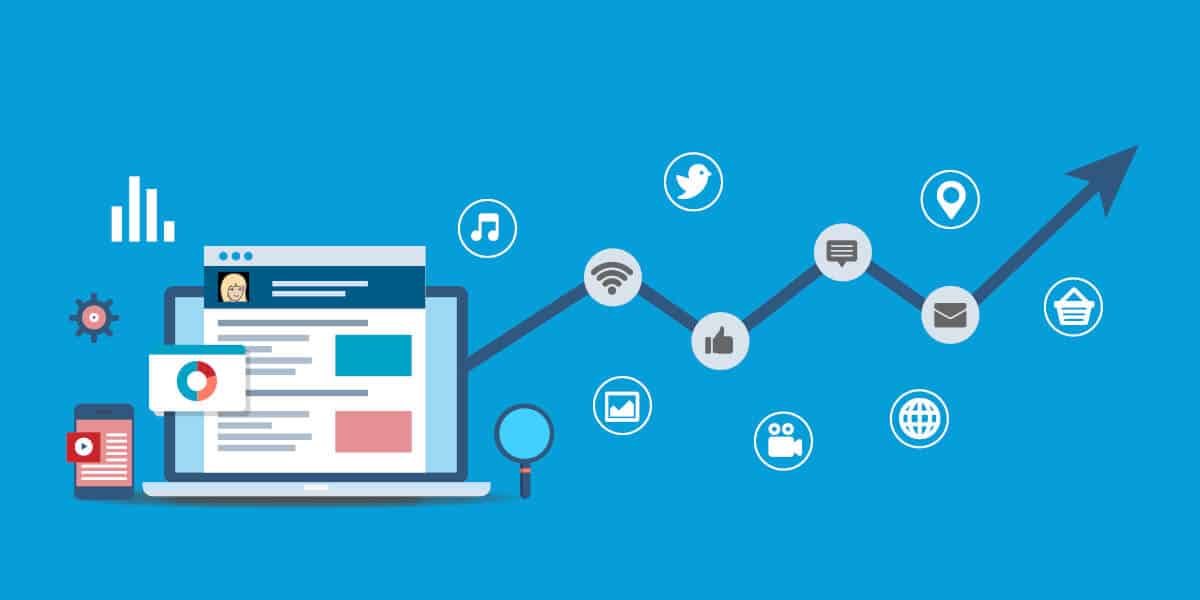In this digital age, social media has become an integral part of our daily lives. From personal interactions to business promotions, social platforms play a significant role in connecting people and organizations worldwide. For businesses, social media serves as a vital tool for marketing, branding, and engaging with their target audience. However, just being present on social media is not enough. Understanding the impact of your efforts and measuring success is crucial for effective social media management. This is where social media analytics comes into play.
The Significance of Social Media Analytics
Social media analytics involves analyzing and interpreting data gathered from various social media platforms to make informed decisions. It allows businesses to understand their audience’s behavior, preferences, and interactions. By examining this data, organizations can tailor their strategies to improve engagement, increase reach, and ultimately achieve their goals.
Key Metrics for Measuring Success
Reach and Impressions
Reach refers to the number of unique users who have seen your content, while impressions indicate the total number of times your content is displayed.
Tracking these metrics helps evaluate the initial exposure of your posts.
Engagement Rate
Engagement rate is a measure of how actively your audience interacts with your content. It includes likes, comments, shares, and clicks. A higher engagement rate indicates that your content resonates well with your audience.
Click-Through Rate (CTR)
CTR is the ratio of users who click on a specific link to the number of total users who view a page, email, or advertisement. It’s a critical metric for assessing the effectiveness of your call-to-actions and content.
Conversion Rate
The conversion rate measures the percentage of users who completed a desired action, such as signing up for a newsletter, making a purchase, or filling out a form. Understanding this metric is essential for evaluating the effectiveness of your social media campaigns.
Audience Growth
Tracking the growth of your social media audience allows you to understand the effectiveness of your content in attracting new followers. It’s crucial for evaluating your overall brand reach and awareness.
Sentiment Analysis
Analyzing sentiment involves assessing the mood or attitude of your audience towards your brand or content. Positive sentiment indicates a favorable perception, while negative sentiment may require adjustments in your strategies.
Tools for Social Media Analytics
There are numerous tools available to assist in social media analytics, each offering unique features to monitor and measure performance. Some popular ones include:
- Google Analytics: Provides comprehensive website and traffic analytics, including social media traffic.
- Hootsuite: Offers scheduling, monitoring, and analytics tools to manage social media platforms.
- Buffer: Allows you to schedule and analyze posts on various social media platforms in one place.
- Sprout Social: Provides a suite of social media management and analytics tools for businesses.
- Facebook Insights, Twitter Analytics, and Instagram Insights: Platform-specific analytics tools that offer in-depth data about your audience and content performance.
In the rapidly evolving world of social media, understanding how to measure success through social media analytics is crucial for any business or individual striving to make an impact. By regularly monitoring key metrics, leveraging analytics tools, and adapting strategies accordingly, you can optimize your social media efforts and achieve tangible results. Social media analytics empowers you to make informed decisions, refine your approach, and ultimately drive success in the dynamic landscape of social media.
Discover our expertise and services by exploring our website. Click here to start your journey with Stratedia!
Website: www.stratedia.com
Call Us: 860-415-0340





























